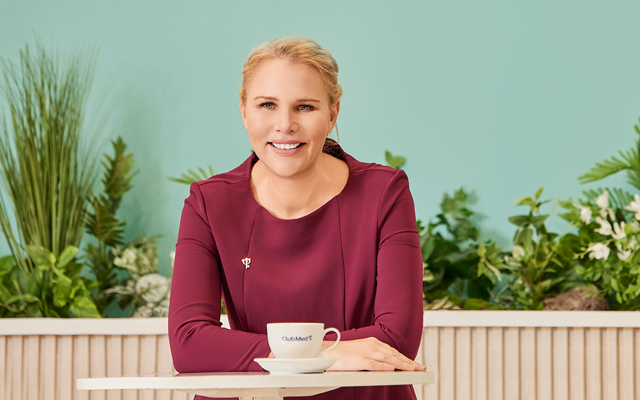Club Med has consolidated three existing business units into two integrated entities – East & South Asia and Pacific (ESAP) and China – with effect from May 1 this year.
The business transformation reinforces the brand’s commitment to deepening regional focus, unlocking new growth potential, and enhancing operational agility in high-priority markets.

The new structure is aligned with the distinct business environment in ESAP and China, yet allows the company to preserve its collaborative “One APAC” mechanism.
Rachael Harding takes on the role of CEO of the newly integrated ESAP business unit, encompassing both commercial and resort operations management. She reports to Gregory Lanter, deputy CEO of Club Med.
The ESAP business unit also sees several key appointments: Cindy Beleau as vice president of revenue management APAC; Sandrine Rossi as vice president, operations and product; Anastasiya Kulish as vice president of Japan resort operations; Michelle Davies as general manager Pacific and ESAP new markets; Olivier Monceau who adds on meetings & events segment to his leadership of Singapore and Malaysia; Jerome Ferrie chief financial officer; and Arezki Haddad as chief HR officer.
Henri Giscard d’Estaing, president of Club Med, said in a press statement that the move “opens a new chapter for Club Med in Asia-Pacific”.
“With empowered leadership and a shared ‘glocal’ vision, Club Med now has even more agility to seize opportunities in key markets and reinforce our position as the worldwide leader in premium, all-inclusive travel,” said d’Estaing.
Harding said the “business transformation empowers us to scale with greater purpose and precision across the region”. She noted ESAP’s strong 2024 performance and significant growth potential for Club Med.
Meanwhile, in China, which is Club Med’s second-largest market with over 260,000 guests welcomed in 2024, the strategic realignment will see Andrew Xu carrying on as CEO of Club Med China. He will also serve as deputy CEO of Club Med, overseeing global finance.











